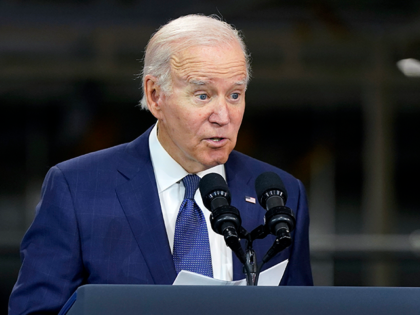Kansas City Fed Manufacturing Survey Unexpectedly Plunges into Contraction
Another one bites the dust.

Another one bites the dust.

The growth follows two straight quarters of contraction. It probably will not last.

The economy very likely grew in the third quarter, but that growth will not last.
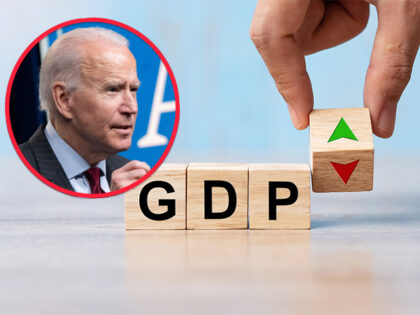
Excluding autos, retail inventories actually fell in September as stores brace for inflation-inflected holiday shopping.

The Fed fight against inflation is battering the housing market.
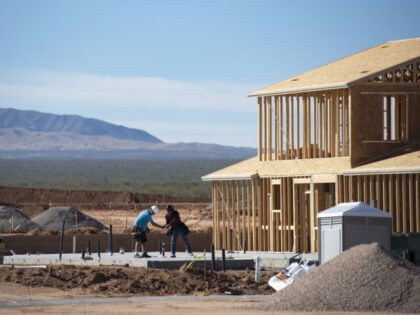
The unemployment rate is at the lowest rate in 2.5 years, not 50 years. It was under President Trump that unemployment fell to a 50 year low.
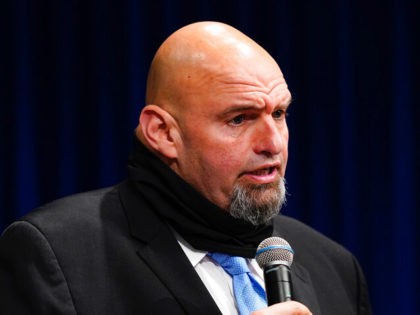
We got more evidence on Tuesday that we are headed for at least a bout of recessionary stagflation.
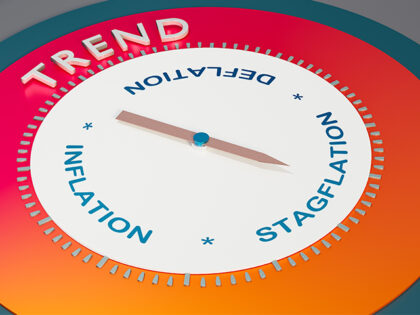
The third regional Fed report suggesting stagflation.

Consumer confidence was driven down by a sharp decline in assessments of the present situation.

Instead of trying to stave off a downturn, the Biden administration appears to be trying to pre-blame Republicans for it.
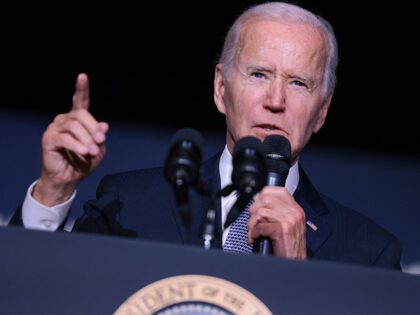
S&P Global’s flash composite PMI indicates contraction for the fourth straight month.
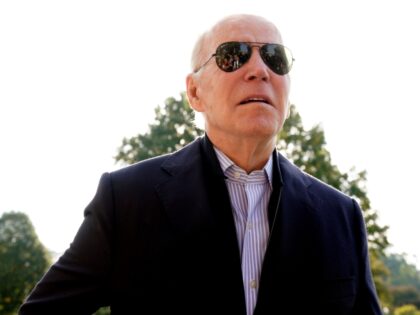
Biden claims the economy is stronger than it was prepademic. Not many Americans agree.
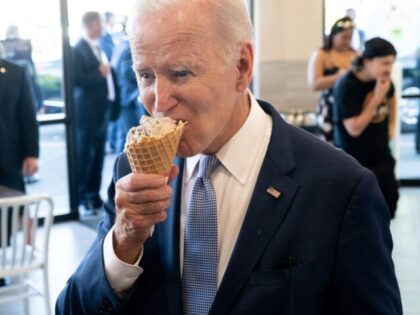
Are we too optimistic about the U.S. economy?

Joe Biden says the economy is “strong as Hell.” Most Americans disagree.

The staff of the Federal Reserve board believe the potential output of the U.S. economy is even lower than thought.
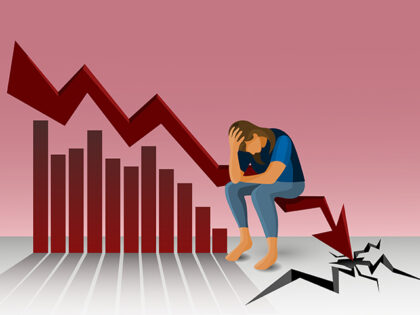
The Biden economic slump is coming on even faster than thought, according to the Leading Economic Index from the Conference Board.
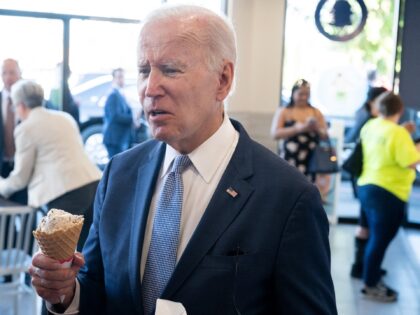
Prices faded month-to-month for the third month in a row.

A very stagflationary report from the Federal Reserve Bank of Philadelphia.

It looks like Bidenflation is preparing to steal Christmas again this year.

Single-family housing starts in September were at a rate of 892,000, 4.7 percent below the revised August figure of 936,000. Compared with a year ago, single-family starts are down 18.8 percent.

The U.S. economy has decoupled from itself. The bad news is that the Federal Reserve wants to put it back together.
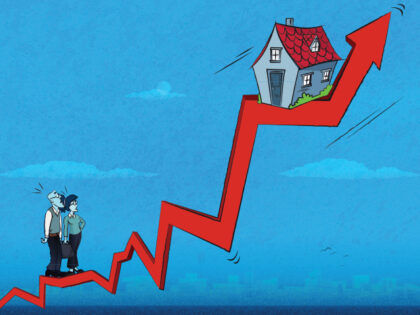
A much deeper slump in home builder sentiment took hold in October.

Oil and gas drilling saw solid gains in September.

Halloween spending points toward another disappointing holiday shopping season.

There is essentially no chance of escaping a serious economic downturn, according to Bloomberg Economics.
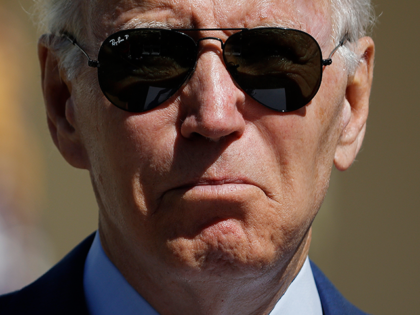
Worse than expected.

You might have thought that we would get a respite on bad inflation news after the hotter-than-expected prints from the producer price index and the consumer price index. You would have been wrong.

The acceleration of inflation in recent months and the very recent increase in gas prices appear to have pushed up consumer expectations of inflation for the near term and the longer run. U.S. consumers expect prices to rise 5.1 percent

Excluding restaurants and bars, retail spending fell 0.1 percent.

One of these days the professional economists who forecast inflation will stop underestimating the pace of price increases. That day was not today.
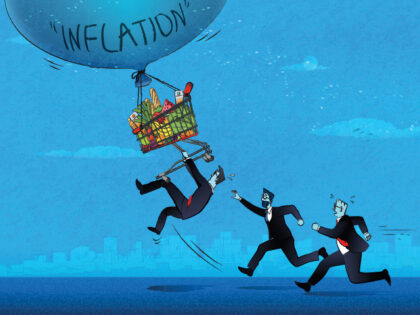
Obama’s top economist says September core price data just shattered one of the Biden’s favorite excuses for high inflation: Blame Putin!

Economists had expected the index to be up 0.2 percent on a monthly basis and 8.1 percent compared with a year ago.

Treasury Secretary Janet Yellen said in an interview yesterday that she “was in good company in failing to see that inflation would increase and remain as persistent as it has.”
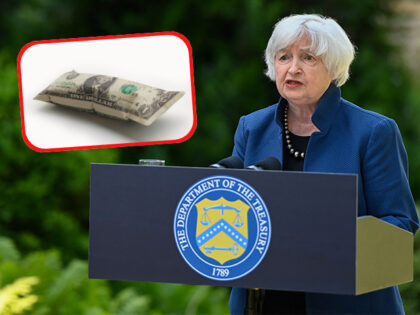
Fresh and dried vegetable prices are up 40.2 percent compared with a year ago.

A big jump in the producer price index for September shows inflation persists and is stronger than expected.

The housing market in the U.S. will likely continue to see lower sales, less building, and prices decline from recent highs.

“As the global economy is headed for stormy waters, financial turmoil may well erupt,” the IMF’s report on global growth warns.

The Bank of England said ‘fire sale’ dynamics in the bond market posed a “material risk” to U.K. financial stability.
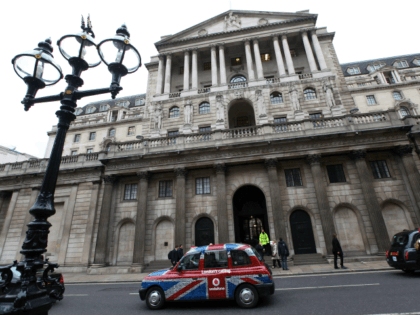
How much does the American public trust the Federal Reserve when it says it will bring down inflation in the near-term?
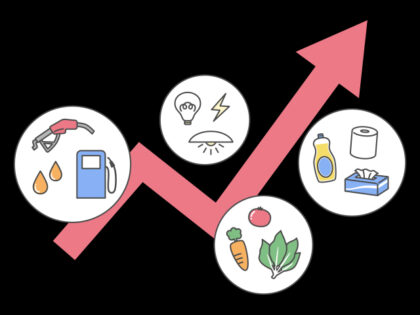
The share of black Americans who see inflation as very important soared from 56 percent to 75 percent. Among Hispanics, the very important share rose from 64 percent to 74 percent. Young Americans, aged 19-29, saying inflation is very important rose from 47 percent to 61 percent.
